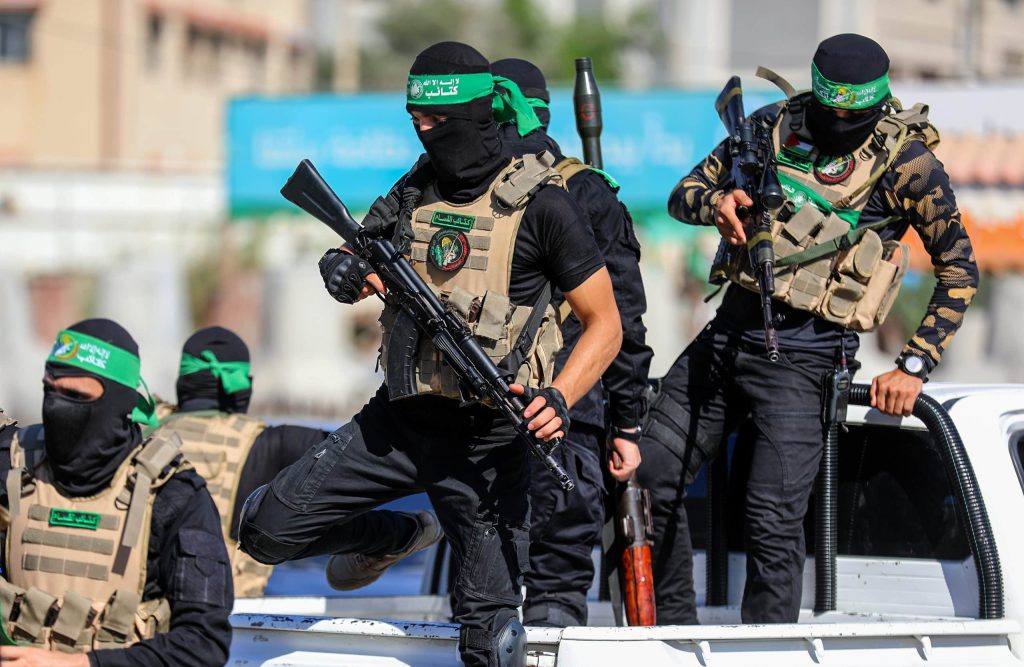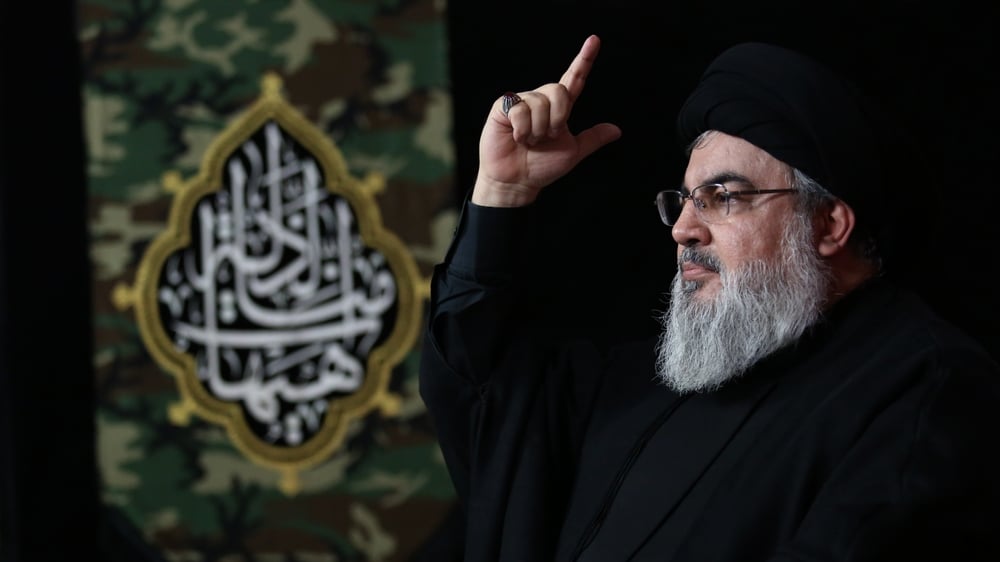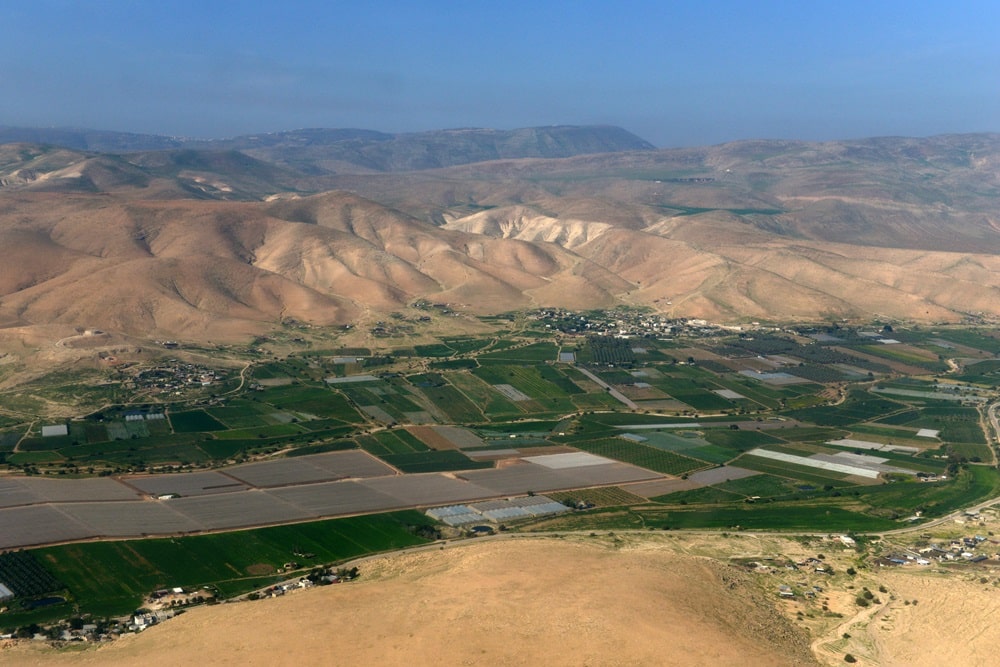
The IDSF’s ultimate goal is to ensure Israel’s security for generations to come. Two central understandings underpin this goal: The first is that the security of the State cannot exist in a vacuum; rather, it depends on an extensive system of political, economic and social factors. The second understanding is that in order to make informed decisions, it is necessary to build a broad strategy that is based on the past and looks to the future.
These understandings have led the IDSF to formulate a clear national vision based on in-depth research and touching on all the areas that shape Israeli society. In this article, Dr. Omer Dostri looks at Israel’s security doctrine — a doctrine that took form when the state was founded and has not been updated since.
Background — Deterring, alerting, defeating: The current security doctrine of the State of Israel
In the 1950s, David Ben-Gurion formulated Israel’s security doctrine. Ben-Gurion is generally assumed to have based his doctrine on principles that appeared in Ze’ev Jabotinsky’s essay “The Iron Wall.” Ben-Gurion believed that, as the essay says, a strong army must be established, and national power developed, in order to halt the enemy’s attempts to attack until, understanding that we cannot be expelled or exterminated, the enemy finally accepts our existence. Ben-Gurion’s security doctrine, also known as the “security triangle,” included three key components:
- Deterring: The State of Israel must display military superiority in order to deter its enemies and convince them that attacking Israel is not worthwhile. Because Israel is at a geographic and demographic disadvantage, Israeli deterrence is built primarily on significant alliances, a strong economy, and a technological advantage.
- Alerting: The State of Israel must develop intelligence capabilities and use methods of early warning in order to be able to prepare itself in advance of any attack.
- Defeating: Once an attack has taken place or a palpable threat has been discovered, the enemy must be confronted and overcome.
That doctrine, including the sequence that it dictates — first deterring, then alerting, then defeating — may have suited the geopolitical and military situation of the State’s early years, a situation in which we confronted hostile states such as Egypt, Jordan, Lebanon, Syria, and Iraq; but today, aside from Iran, we are hardly obliged at all to deal with hostile states as such. Egypt and Jordan have signed peace treaties with us, Syria and Iraq have been exhausted by civil wars, and Lebanon has fallen to Hezbollah. Thus our enemies today are not states but rather terrorist organizations — and such enemies require a completely different security doctrine.
Over the years, there have been a few attempts to change Israel’s security doctrine. Thus, for example, in 2006 the Meridor Committee expanded the security doctrine, adding the element of protection. But no other significant changes came about in doctrine or in operations, and the State of Israel continues to rely on an erroneous doctrine. The direct result of that error was the disaster of October 7.
In order to prevent an additional disaster, the State of Israel must impose the necessary revisions right away and formulate a new security doctrine that suits today’s reality and can provide a response to the threats currently at our doorstep.

Dr. Omer Dostri: The vision of a new security doctrine for Israel
Deterrence will derive from victory
Current state: The State of Israel has become addicted to the element of deterrence. In recent years, most of our military operations in Judea, Samaria, and Gaza have been intended to deter our enemies, not to defeat them. Even in the Second Lebanon War, Israel did not try to defeat Hezbollah decisively and destroy it as a military and governmental factor, but contented itself with instilling fear.
Those operations and rounds of fighting have not proven themselves, for the simple reason that it is very difficult, if not impossible, to deter an extremist Islamic enemy. States and organizations with a Western mentality may somehow be susceptible to influence, but enemies such as Hamas and Hezbollah speak a completely different language and cannot easily be deterred, if at all.
Ideally:
- Reverse the sequence: History shows that the best deterrence is obtained by a clear military victory. Thus the sequence of matters must be reversed. First aim for victory, and after victory the deterrence will emerge automatically.
- Defeat Hamas and Hezbollah: The most urgent objective of the State of Israel is the defeat of Hamas and Hezbollah. Such a defeat will not only leave us in the dominant position but also provide us with deterrent power in the region for the next two decades.

Deterrence based solely on intentions is not deterrence
Current state: In order to achieve prior deterrence against attacks, the State of Israel has focused mainly on the enemy’s intentions and tried to assess how likely an attack is. Our enemies’ intentions are indeed important, but it is unreasonable to ignore their capabilities. Over the years, we have seen Hamas grow stronger and stronger, and instead of nipping that process in the bud, we allowed it to continue because we believed that Hamas would not dare attack Israel.
If we continue to base our system of deterrence on the enemy’s supposed intentions, we are likely to overlook many further items of importance.
Ideally:
- Base deterrence on abilities: The State of Israel and the IDF must strongly emphasize intelligence gathering, in order to learn the enemy’s abilities and discern any buildup of strength in advance.
- Take the initiatives: Rather than waiting for the enemy to express the intent to inflict harm on us, Israel should go into action as soon as it sees that the enemy’s strength is sufficient to do so.
Above all else, victory
Current state: Currently the element of victory ranks at the bottom of the national security doctrine. In recent years the State of Israel has stopped short of true victory over the enemy and been satisfied with tightly targeted operations against local threats. That approach enabled our enemies to gather strength and created the circumstances that beset us today.
Ideally:
- The State of Israel should aim for true victory over its enemies. First and foremost, we must defeat Hamas. We must not halt the war in Gaza before we have completely demolished the military and governmental capabilities of Hamas, because otherwise Hamas will bounce back.
- The next stage is to defeat Hezbollah at the northern border. A long spell of quiet, such as followed the Second Lebanon War, is not enough. This time we must put an end to the entity known as Hezbollah, even at the cost of an arduous all-out war in Lebanon. If we do not neutralize Hezbollah now, then in another five or ten years we will face an October 7 on steroids.
- After we have finished with Gaza and Lebanon, we must completely clear Judea and Samaria of terrorism. Tightly targeted operations of two or three days will not suffice. A comprehensive operation, a Defensive Shield 2, must expunge all the terrorist nests that have sprung up there. Only complete victory on all fronts will provide us with quiet and safety for years to come.
Giving the geographic component its place
Current state: As soon as the state was founded, its leaders — both left-wing and right-wing — saw clearly that Jewish settlement is the foundation for everything. However, the current security doctrine gives no consideration to the geographic or settlement component. Moreover, in recent decades Israel has taken various steps of withdrawal from territories in the naïve hope that calm and quiet would result.
As history teaches, every retreat from the Jewish settlements exacts a heavy price. We saw it under the Oslo Accords when we left parts of Judea and Samaria, we saw it when we left the Lebanese security zone behind and it turned immediately into a zone of terror, and we are seeing it now in Gaza. Obviously if there had been Jewish settlement in the Gaza Strip — as there was before the Disengagement — October 7, in the sickening form that it took, could not have occurred.
Ideally:
- Jewish settlement is the foundation for security, because wherever we are not present, our enemies will be and they will foment terror. We must encourage settlement in all parts of the Land of Israel, with wisdom, with understanding, and with an emphasis on the north, the south, the Jordan Valley, Judea and Samaria, and Gaza.

Civilians too have their role
Current state: Before the War of Iron Swords, most of Israel’s citizens were not actively taking part in the national defense effort. There was not enough of a hold on the periphery and on the agricultural expanses at the border. The emergency squads in the border communities were not properly trained and equipped, and only a few civilians carried small arms.
Ideally:
- Extensive occupancy of land: We must firm up our control, and our agriculture, in the outlying areas as part of the extensive occupancy of the land.
- Outlying communities as part of the border security system: We must establish more emergency squads, train them properly, and provide them with weapons and ammunition.
- National guard: A national guard must be established, and it must receive extensive powers and ample budgets in order to assume a significant defensive role in the outlying communities and the mixed cities.
- New gun licensing policy: The process of obtaining a gun license must be made simpler for Israeli citizens. Terrorism is not a problem located across the border, it is happening inside Israel and we see many cases in which armed civilians have taken charge in the face of terrorism and saved fellow civilians.
Reducing military dependency
Current state: Israeli military industry has shrunken in recent years, while the State of Israel has increasingly relied on weapons and other materiel imported from foreign countries. In such circumstances Israel, needing other countries to arm it, loses a great deal of its independence and freedom of action in security matters. It needs to submit explanations that will satisfy the countries on which it depends.
Ideally:
- Independent manufacturing ability: One of the most significant lessons from October 7 is that Israel must base its warfare as thoroughly as possible on its own weapons manufacturing. Granted, the State of Israel is a small country with a limited workforce and apparently we will never fill all our military needs ourselves — but the more we reduce our dependency on other countries, the more we increase our bargaining power and our ability to act independently.

New doctrine — new security: Summary and conclusions
Security is an end, not a means, and its preservation is of paramount importance. However, the State of Israel observes a 75-year-old security doctrine that may have been wise in its early days but has long since lost its applicability. The disaster of October 7 is painful, decisive proof.
In order to successfully answer today’s threats, we must develop a new security doctrine. Whereas the old doctrine included only three components — deterring, alerting, and defeating — the new doctrine must also consider Jewish settlement, the role of the civilians in defense, and Israel’s security independence. In addition, we must not overvalue the component of deterrence, certainly not to the point of ignoring the most important component of all: victory. We must also understand that in order to attain lasting security and stability, we will be paying a heavy price, particularly at the present fateful juncture which may be determining the country’s future for decades to come.
The author is solely responsible for the content of this article, and it does not necessarily reflect the position of the IDSF movement.


